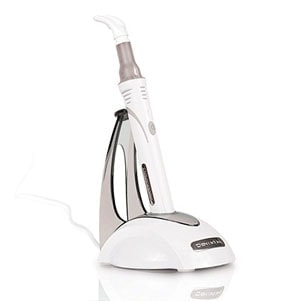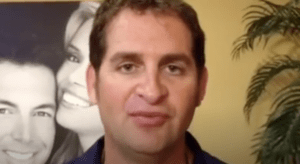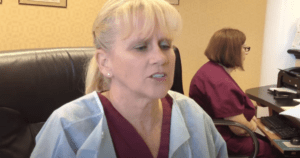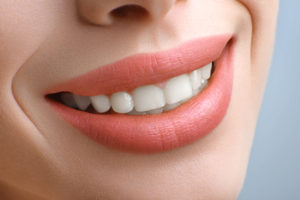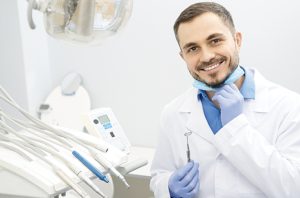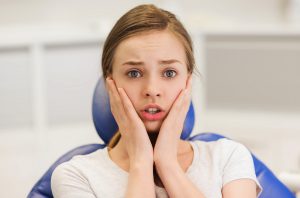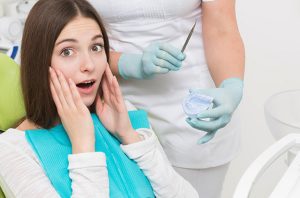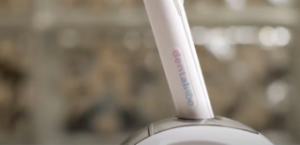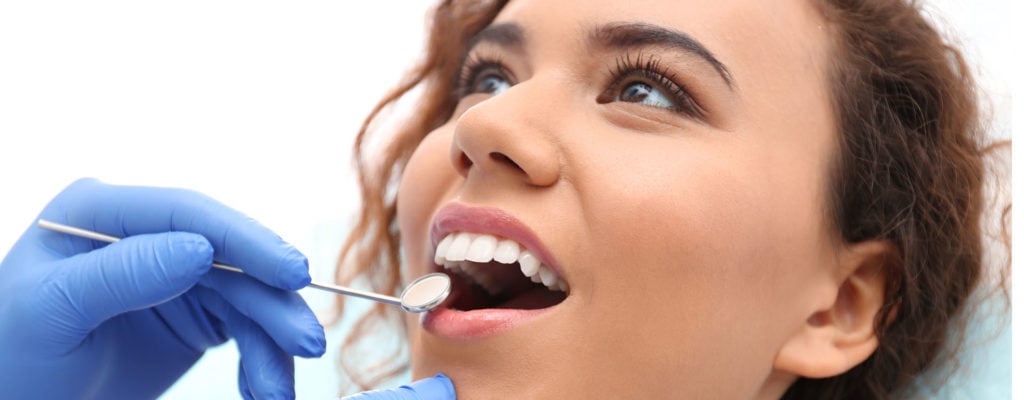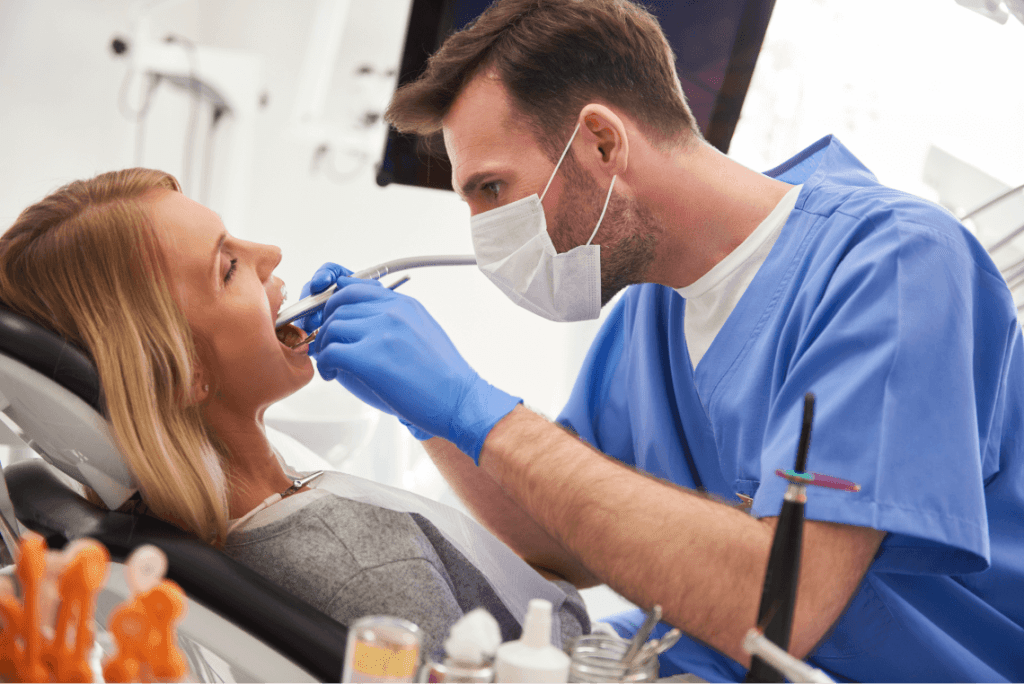Do you find yourself waking up with dental pain? If you experience tooth pain in the morning, you could be clenching your jaw or grinding your teeth at night. However, those are not the only causes of morning tooth pain. Fortunately, many causes of tooth pain can be corrected at home, but pinpointing the exact reason for your dental pain is necessary to find the right solution.
Let’s look at some of the most common causes of morning tooth pain.
Why do my teeth hurt when I wake up in the morning?
If your teeth hurt or feel loose when you wake up, it could be due to one of the following reasons.
Sinus infection
If you experience discomfort with your upper back teeth, there’s a possibility you have a sinus infection. Sinus infections can lead to fluids accumulating as you sleep, resulting in pressure. Since the sinuses are located near the upper teeth, the resulting pain feels like a toothache. If you have a sinus infection, you will probably feel pain in your nose and head, along with a sharp pain in your upper teeth. Pain from a sinus infection doesn’t typically feel like a single toothache, but rather like generalized pain in the upper back teeth.
Try taking an over-the-counter sinus medicine to reduce the pain, and talk to your doctor if your symptoms don’t subside.
Night grinding or clenching
Many people experience tooth pain in the morning due to clenching their jaw or grinding their teeth at night. In most cases, this is a result of chronic stress. It’s a subconscious habit known as bruxism and is common with adults.
One way to stop tooth pain resulting from grinding or clenching is to wear a mouthguard when sleeping. You can try an over-the-counter mouthguard designed for athletes, which can be molded to your teeth, or have your dentist make a custom night guard for you. Finding ways to manage and cope with stress can also help you kick this nighttime habit.
Gum disease
Gum disease, also known as periodontal disease, results from plaque sticking on your teeth, leading to tartar buildup. This irritates the gums and slowly leads to gum recession.
As you age, the gums naturally start to wear out, leaving your teeth roots exposed and vulnerable to infections. Be sure to brush your teeth before you go to bed to reduce the chances of tartar buildup, and see your dentist regularly for cleanings to prevent gum disease.
Pregnancy
Though pregnancy is not a common cause of tooth pain in the morning, it does increase the risk of gum disease. The hormonal changes that occur during pregnancy can negatively impact your dental health. Pregnant women are also susceptible to dry mouth, which also increases the risk of gum disease, as saliva is needed to wash away bacteria.
Many women are reluctant to visit the dentist while pregnant, but it’s perfectly safe to have a dental cleaning during pregnancy. Be sure to let your dentist know that you’re pregnant so that they can take any necessary precautions.
Sleep position
Sometimes, tooth pain in the morning could be a result of something as simple as your sleeping position. If you feel pain most intense on one side of the mouth, it could be a sign of an uncomfortable sleeping position.
For instance, sleeping with your hands under your jaw could cause toothache in the morning, especially if you wear a watch or bracelets to bed. To avoid putting pressure on your face, make sure you remove jewelry before going to sleep and use a supportive pillow to raise your head.
Nerve damage
Pain in the head can be caused by a condition known as trigeminal neuralgia, which is a type of nerve damage. Any activities such as touching your face, chewing, or brushing your teeth can trigger pain. The pain usually affects only one side of the face at a time, and may feel like severe jabbing pain or spasms.
If you experience prolonged, recurring facial pain that doesn’t respond to over-the-counter painkillers, make an appointment with your doctor.
Overuse of mouthwash
While using a daily oral rinse may be beneficial, too much mouthwash can be harmful to your teeth. Most mouthwashes contain an acid that can cause damage to your teeth’s middle layer. If you use mouthwash several times a day, it can lead to tooth sensitivity. If you’re prone to using too much oral rinse, your solution for morning tooth pain could be as simple as reducing your mouthwash usage.
Dehydration
Drinking lots of water is important for your overall health as well as for your teeth, as it helps wash away bacteria and food residue that can lead to tooth decay. Also, water helps reduce the effects of a dry mouth, which increases the risk of gum disease. If you’re constantly waking up with a dry mouth and tooth pain, try to drink more water throughout the day.
Acidic foods
Eating too many acidic foods such as soda, sugary candies, and citrus foods can destroy your teeth enamel. Once the enamel is worn out, teeth become susceptible to nerve damage, which can cause you to wake up with tooth pain. Try to reduce your consumption of acidic foods, and wait at least 30 minutes after eating before brushing your teeth, as brushing can increase the damage to your teeth when acid is present in your mouth.
You frequently vomit
Stomach acid can damage your teeth if you frequently vomit, causing erosion of the tooth enamel and leading to tooth pain. Some of the main reasons for frequent vomiting include chronic alcoholism, gastroesophageal reflux disease, and pregnancy. If you experience this problem, talk to your doctor for a permanent solution.
How to reduce morning tooth pain
Hopefully you recognize yourself in one or more of the above causes of morning tooth pain. While some causes of dental pain will require medical treatment, some of them may be successfully addressed at home. If you’ve just started experiencing tooth pain upon waking or are waiting for an appointment with your dentist, try the following tips to ease the pain.
Use oral care products for sensitive gums and teeth
Try using products designed for sensitive teeth, such as an extra soft toothbrush, floss for sensitive gums, and toothpaste that offers protection against plaque, cavities, tartar, and painful tooth sensitivity.
Keep away from certain foods and drinks
Avoid foods that are either too hot or too cold. Also, minimize sugary or acidic foods to prevent damage to your tooth enamel.
Swish saltwater in your mouth
Dissolve a teaspoon of salt in water, swish it in your mouth for half a minute, and then spit. You can do this as a routine before going to bed. The salty water is used as a cleanser, which aids in reducing inflammation and swelling, and fighting bacteria-causing infection.
Dip cotton ball in clove oil
Dip a cotton ball in clove oil and place it on the paining area, or directly apply a few drops of clove oil on your gums. Clove oil contains eugenol, which is a natural anesthetic that may help relieve tooth pain while you sleep.
Peppermint tea
Just like clove oil, peppermint is believed to have a soothing effect in addition to its good flavor. You can choose to swallow the tea or spit it out after swishing it in your mouth.
Place an ice pack on the paining tooth
Place an ice pack on the paining tooth or affected area and wait for 15 minutes before removing it. The ice pack helps numb the nerves to provide relief.
Visit the dentist
While you can use home remedies to address some causes of tooth pain, treating a toothache caused by gum disease or a cavity requires a visit to the dentist. If you’re experiencing ongoing tooth pain, make an appointment with your dentist as soon as possible. Postponing necessary dental treatments often only leads to additional problems and more tooth pain.
Find a DentalVibe dentist today!
Choosing a good and reliable doctor can be challenging, but DentalVibe is committed to helping you find a well-trained and passionate dental professional you can trust. We have a friendly and experienced network of dentists who specialize in meeting the needs of patients with dental anxiety or phobias. View our directory to find a DentalVibe certified pain-free dentist and make dental anxiety a thing of the past!

